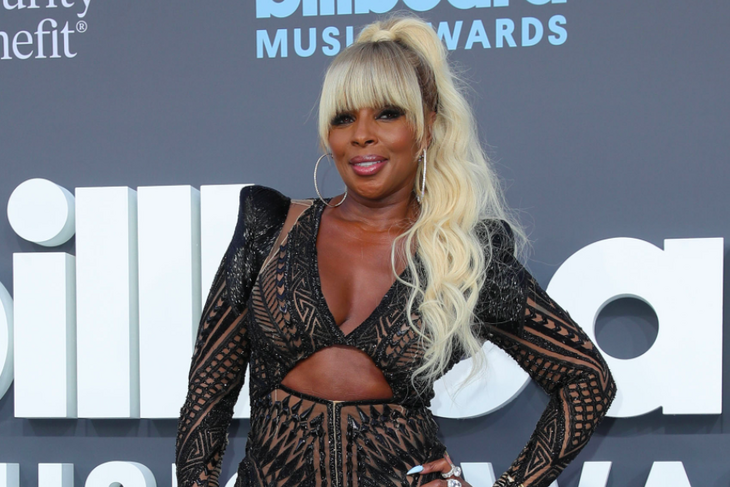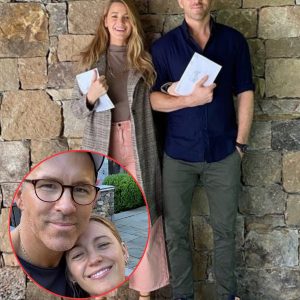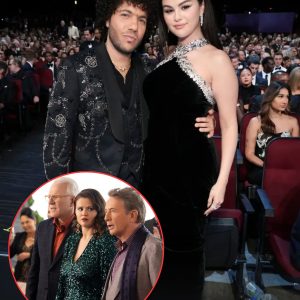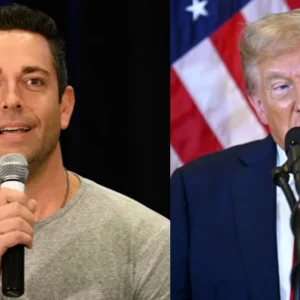Mary J. Blige: The Queen of More Than Just Heartbreak
Mary J. Blige is renowned as the “Queen of Hip-Hop Soul” for her soulful vocals and ability to blend hip-hop influences into R&B. Over her decades-long career, she has cemented her status as one of the most successful artists in the industry. However, beneath the surface of her multi-platinum hits often lies deeper messages that extend beyond simple love and heartbreak. While her songs are anthems of emotion, listening closely reveals Blige using her platform to convey powerful themes of strength, empowerment, social commentary, vulnerability, and hope.
Strength and Resilience

On the surface, songs like “No More Drama” and “Be Without You” tell tales of relationships gone wrong and the pain of heartbreak. But dig deeper and you’ll find Blige channeling her struggles into messages of unwavering strength and resilience. Released in 2001, “No More Drama” finds Blige vowing to shut out toxicity and drama in her life. With lyrics like “No more drama in your life/It ain’t nothin’ but stress and waste of time,” she asserts her determination to overcome past hurts and move forward on her own terms.
Similarly, the Grammy-winning “Be Without You” has become one of Blige’s most iconic songs. Beyond the raw emotion on display, the lyrics tell of rebuilding oneself after loss. On the bridge, she sings “I’ll be the one that’s gonna cry/I’ll be the one that’s gonna lie/I’ll be the one that’s gonna miss you/I’ll be the one that’s gonna kiss you/When you’re gone.” This conveys Blige’s willingness to feel her pain fully as part of the healing process, with the implication that she will eventually rise above it.

Throughout her career, Blige has been open about battling depression, low self-esteem, and trauma from past relationships. Yet her music shows her consistently choosing to persevere rather than surrender. Songs like “Love No Limit” and “Just Fine” demonstrate Blige’s belief in her ability to overcome any obstacle. Even in the face of heartbreak or struggle, she refuses to let circumstances defeat her spirit. This strength and resilience in the face of adversity has empowered millions of fans worldwide.
Female Empowerment
In addition to conveying her personal strength, Blige’s lyrics promote female empowerment on both individual and societal levels. Released in 1992, “Just Like Me” finds Blige celebrating her identity unapologetically, singing “I’m just like you/And you’re just like me/We’re all the same/In God’s eyes, you see.”

Over a decade later in 2004, “Feel Like a Woman” took empowerment a step further. With lyrics like “I feel like a woman, now I understand how/To let my freak out, I feel like a woman,” Blige reclaims 𝓈ℯ𝓍uality and freedom on her own terms. She asserts that true empowerment comes from within, not from anyone else’s standards or approval.
Beyond celebrating individuality, some of Blige’s songs tackle broader women’s issues. “Love No Limit” condemns double standards, with lyrics protesting “Why she gotta be a freak if she do what you do?” Meanwhile, “Not Gon’ Cry” addresses the strength it takes for women to leave toxic relationships. Through her music, Blige has encouraged women to embrace their multifaceted selves and stand up for fair treatment. She inspires recognizing one’s self-worth beyond external validation.
Social Commentary
While often labeled simply as a relationship artist, Blige has also used her platform to shed light on social issues. At a time when few artists addressed poverty, 1992’s “What’s the 411?” included the song “Real Love,” with lyrics observing “some people got to live that way/In the projects everyday.”
Nearly a decade later, Blige tackled these themes more explicitly on “Rainy Dayz.” Released in 2000, the song paints a grim picture of living without basic necessities – “No lights, no heat, no way to eat/I just need a little peace.” Its music video drove the message home by depicting Blige struggling through real struggles like eviction and hunger.
Blige’s rawest social commentary came with the 1995 album My Life. Its title track details the harsh realities of inner city life, with lyrics describing “hustlin’ every night, sellin’ base right on the corner.” While controversial at the time for its gritty subject matter, “My Life” shone a necessary spotlight on societal issues fueling poverty and crime. It inspired hope that awareness could lead to positive change.
Throughout her career, Blige has used her platform to highlight hardships beyond her personal experiences. She gives voice to societal ills through her music, acknowledging struggles faced by many while also promoting compassion. Blige challenges listeners to look beyond surface issues and consider deeper rooted problems within our systems.
Vulnerability and Self-Discovery
Despite her powerful persona, Blige’s songs are also filled with vulnerability. While often associated with darkness, her rawest emotional moments have also led to personal growth. Released in 1995, “Seven Days” finds Blige at her most fragile, singing “I’ve been crying for seven whole days/My heart is breaking, my life is changing.” Yet even in exposing such rawness, she demonstrates courage in emotional expression being the first step towards healing.
Similarly, 2004’s “Therapy” portrays Blige’s journey of self-reflection. With lyrics like “I’m going to therapy, just to find out/What’s really going on inside of me,” she embraces vulnerability as a means of self-discovery. Blige normalizes seeking help as she acknowledges “we all need somebody we can lean on.” Rather than hiding weakness, she models strength through openly facing inner demons.
Across her discography, Blige has let her guard down like few artists, baring her deepest pains and insecurities through song. In doing so, she creates space for listeners to feel less alone in their own struggles. Blige proves resilience is found not in avoiding vulnerability, but in embracing it as part of the human experience. Her transparency inspires healing through honest self-examination and empathy for others walking similar paths.
Hope and Perseverance
Even amid darkness, Blige infuses her music with hope. Released in 1998, “Don’t Look Back” encourages moving forward rather than dwelling in the past, with lyrics like “Don’t look back, keep on steppin’/The past is over, find your blessing.” Similarly, “Love Yourself” from 2006 imparts the message that true happiness comes from within, not from any relationship or circumstance.
Perhaps most poignantly, 2000’s “My Life Will Go On” conveys Blige’s unshakeable belief in persevering through any challenge. With lyrics vowing that “no matter what may come my way/My life will go on,” she affirms surviving and even thriving beyond any hardship. The song leaves listeners uplifted that there is light ahead even in our lowest valleys.
Time and again, Blige has proven herself the epitome of resilience through song. Even when portraying her darkest moments, she infuses lyrics with a glimmer of hope to inspire others facing adversity. Her music serves as an anthem for all seeking strength beyond their circumstances. Through showcasing her own journey, Blige spreads a message that our trials do not define us – it is how we overcome that shapes our character.
In the over 25 years since her debut, Mary J. Blige has cemented her status as the Queen of Hip-Hop Soul through raw, emotional storytelling. However, her music contains far more depth than just tales of love and heartbreak. For listeners who dig deeper, Blige’s songs impart powerful messages of strength, empowerment, social awareness, vulnerability, and perseverance that have empowered millions worldwide. She uses her platform to convey not just personal struggles, but encouragement for people facing any adversity. Even beyond her soulful melodies and vocals, Mary J. Blige has proven herself the Queen of so much more.





